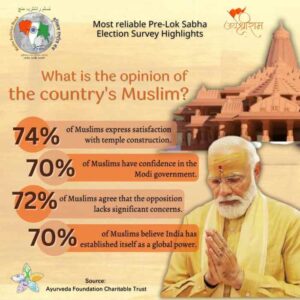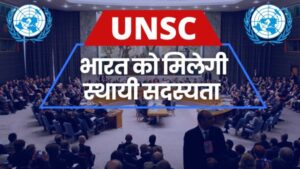Challenges before India on waste management

Harish is a water supplier residing near Bhalaswa landfill who sells purified drinking water jars to households and shops near the area and in summers his incomes gets a boost due to increase in water demand but still he don’t want summers to come again because the Bhalaswa landfill starts burning and whatever he earns gets spend on medicine because of the impact this burning brings on health.
This fire erupts not out sudden but as a result of decadal piling up of millions of tonnes of untreated garbage producing methane and it has become a yearly phenomenon.
 Wastes are dumped unscientifically at the site which is already overburdened and left unattended leading to serious environmental issue. Like Harish, people residing near the landfill are forced to perform their daily chores between smoke ashes, bad smell and no need of mentioning lakhs of mosquitoes, but this is not their main concern, their main concern is that they don’t know when will they be free from this ugly mountain and its impact. Some says that their complaint to authorities are not heard where as other informed that there is increase in clearing up of waste from the site.
Wastes are dumped unscientifically at the site which is already overburdened and left unattended leading to serious environmental issue. Like Harish, people residing near the landfill are forced to perform their daily chores between smoke ashes, bad smell and no need of mentioning lakhs of mosquitoes, but this is not their main concern, their main concern is that they don’t know when will they be free from this ugly mountain and its impact. Some says that their complaint to authorities are not heard where as other informed that there is increase in clearing up of waste from the site.
Whatever be the exact truth, but a larger truth remains the same that is impact of this garbage dumping on environment. Air of the region is polluted with harmful methane gas and water of the region is so much contaminated that there is risk of cancer if it is consumed for more than 15 years.
The fresh waste disposed of at the site while biomining of legacy waste is done turns it into a vicious cycle, said Richa Singh, programme officer, Waste Management Programme, Centre for Science and Environment quoted Indian Express.
The National Green Tribunal (NGT) had given a target of clearing this landfill by June this year but only 22% of waste has been cleared of and still 78% is piled up, due to this Delhi government fined 50 lakh rupees on North Delhi Municipal Corporation. It is just a small example of waste management challenges which country is facing.
 Waste are categorised into biodegradable, non biodegradable, e waste, medical waste. From segregation, collection, transportation, to recycling and disposal, waste management is a collective activity which needs efforts from government, administration, pressure groups and common people simultaneously.
Waste are categorised into biodegradable, non biodegradable, e waste, medical waste. From segregation, collection, transportation, to recycling and disposal, waste management is a collective activity which needs efforts from government, administration, pressure groups and common people simultaneously.
As per information from Ministry of Environment, Forest and Climate Change website municipal areas in the country generate 1, 33,760 metric tonnes per day of municipal solid waste (MSW), of which only 91,152 TPD waste is collected and 25,884 TPD treated. Not only at treatment level, but lack of systematic and scientific collection of waste at source originates from the segregation level.
These wastes are dumped unscientifically at landfill sites which are already overburdened and left unattended leading to serious environmental issue. Finding new landfill is just an option of relocating the waste if it is not treated in a speed at which it is generated. Due to rising population and less employment in rural area leading to migration towards urban area is putting burden of urbanisation on these area which we can see in terms of high P.M.2.5 & P.M.10 particles especially in winters.
 In winters we see huge intense issue of smog due to crop residue burning even after farmers are made aware to stop this phenomenon because they don’t have suitable alternatives to utilise the residue and also organic farming and composting are not economically attractive to the Indian farmer, as chemical pesticides are heavily subsidised, and the compost is not efficiently marketed.
In winters we see huge intense issue of smog due to crop residue burning even after farmers are made aware to stop this phenomenon because they don’t have suitable alternatives to utilise the residue and also organic farming and composting are not economically attractive to the Indian farmer, as chemical pesticides are heavily subsidised, and the compost is not efficiently marketed.
Right to healthy environment is a fundamental right under article 21 of the Indian Constitution but who is responsible for ensuring this? Government bodies blame each other but sufferer is the common people ?
If government fails then the tribunal is the hope but what if the target fixed by the tribunal is not even getting accomplished ? Whom should people go to ? Is the Supreme court which is considered as last resort should be the only option ?
In a free country like India if the air we breathe is not free from pollution, if the water we drink is not free from contamination then there will be many more new Harish who will not be able to enjoy his income properly, who will not think of increasing earning to raise living standard but to maintain the basic necessity that is health. Remember, where there is people there will be waste and waste is not bad but lack of its management is deadly.
Written by Shuvam Choubey







